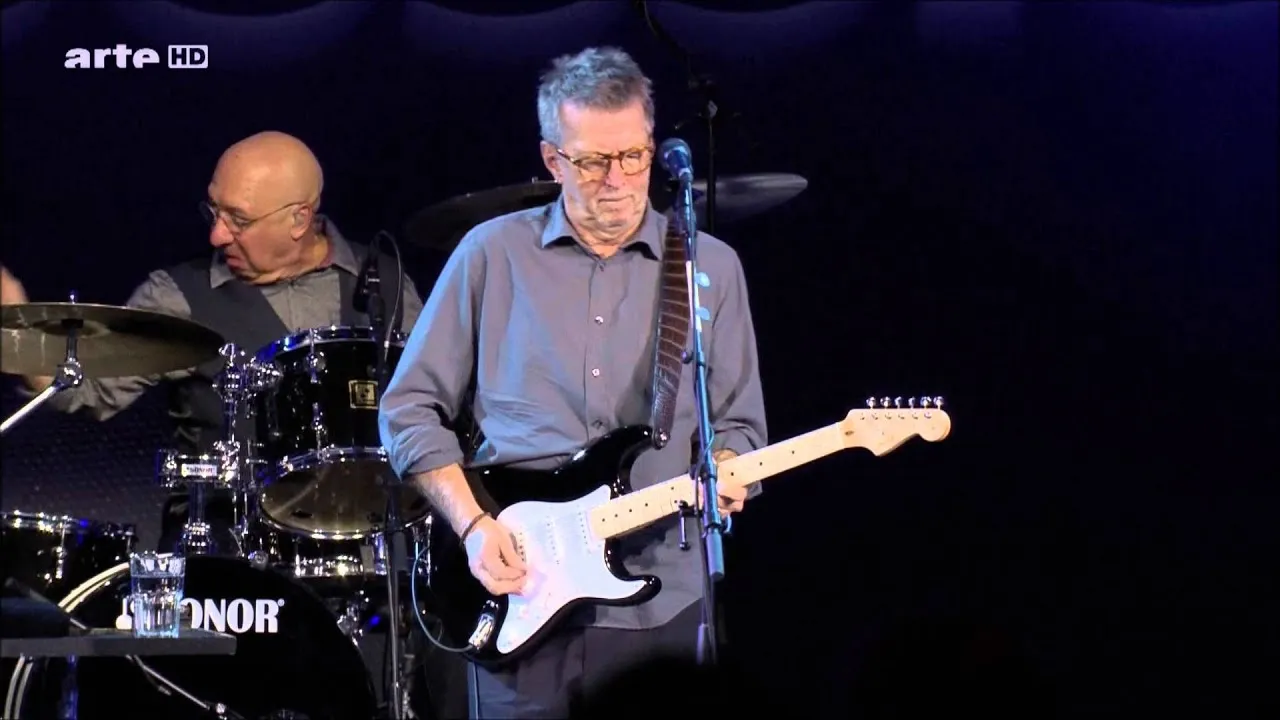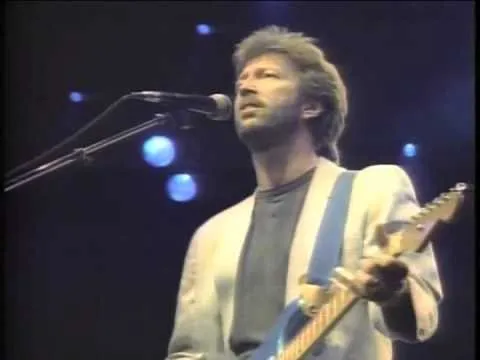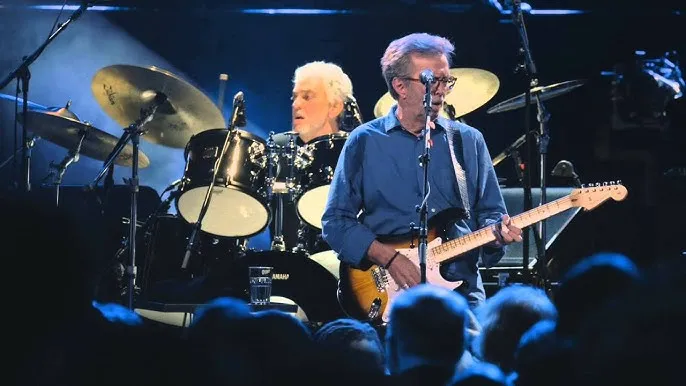About The Song
(Watch the video below)
"It Hurts Me Too" is a timeless blues song that has been interpreted and covered by numerous artists over the decades, one of the most notable being Eric Clapton. This song, rich in its emotive narrative and musical composition, provides a profound look into the world of the blues, a genre deeply rooted in expressing the pains and struggles of life. Clapton's rendition of "It Hurts Me Too" showcases his deep connection to the blues tradition and highlights his remarkable ability to convey emotion through his guitar playing and vocal delivery.
Originally written and recorded by Tampa Red in 1940, "It Hurts Me Too" is a song that has been interpreted by many artists in various styles, but its core message remains timeless. The song's lyrics tell a story of empathy and heartache, where the narrator expresses pain over seeing a loved one suffering in a toxic relationship. This theme of vicarious sorrow is a staple in blues music, reflecting a deep sense of interconnectedness and shared human experience.
Tampa Red's original version of the song was characterized by his smooth vocal delivery and proficient slide guitar work. However, it was Elmore James's rendition in the 1950s that brought the song to greater prominence. James's version added a raw, emotional intensity with his signature slide guitar technique, which resonated with listeners and helped cement "It Hurts Me Too" as a blues standard. This version is often considered the definitive take on the song and has influenced countless musicians.

Eric Clapton's relationship with the blues runs deep, significantly shaping his musical career. From his early days with The Yardbirds and John Mayall & the Bluesbreakers to his legendary tenure with Cream and his solo career, Clapton has continually drawn inspiration from the blues. His admiration for blues greats like Robert Johnson, B.B. King, and Muddy Waters is well-documented, and he has often cited them as profound influences on his playing and songwriting.
Clapton's immersion in the blues is not just about musical influence; it's about a deep emotional connection. He has described the blues as a source of solace and expression throughout his life, particularly during times of personal struggle. This profound connection is evident in his performances, where his guitar playing and vocal delivery convey a sense of authenticity and emotional depth that few can match.
Eric Clapton's rendition of "It Hurts Me Too" is a masterclass in blues interpretation. He brings his distinctive style to the song while honoring its traditional roots. Clapton's version often features his soulful guitar work, marked by fluid, expressive bends and a touch that brings out the emotional nuances of the melody. His vocal delivery is equally compelling, conveying the pain and empathy at the heart of the song's lyrics.

One of the standout elements of Clapton's interpretation is his use of dynamics. He expertly balances intensity and subtlety, allowing the song to ebb and flow in a way that mirrors the emotional journey described in the lyrics. This dynamic range is a hallmark of Clapton's blues work, showcasing his ability to convey complex emotions through both his voice and guitar.
The emotional impact of "It Hurts Me Too" lies in its simplicity and universality. The lyrics speak to a common human experience—feeling pain when someone you care about is suffering. This theme resonates deeply with listeners, as it taps into the fundamental human capacity for empathy and compassion. Clapton's rendition captures this essence perfectly, making it a powerful and moving listening experience.
Musically, the song is a showcase for Clapton's skill as a blues guitarist. His ability to blend technical proficiency with emotional expression is on full display. The way he phrases his solos, often with a mix of sorrow and resolve, adds a layer of depth to the song that enhances its emotional weight. This combination of musicality and emotionality is what makes Clapton's version of "It Hurts Me Too" stand out.
"It Hurts Me Too" has had a lasting influence on the blues genre and beyond. Its enduring popularity is a testament to its powerful message and musical brilliance. For Clapton, covering this song is a nod to the great blues artists who came before him and a way to keep the blues tradition alive for new generations of listeners.

Clapton's interpretation of the song has introduced it to a wider audience, many of whom may not have been familiar with the earlier versions by Tampa Red or Elmore James. This cross-generational appeal is crucial for the preservation and appreciation of blues music. By bringing his unique style to the song, Clapton has ensured that "It Hurts Me Too" remains relevant and impactful.
"It Hurts Me Too" is more than just a song; it's a piece of musical history that encapsulates the essence of the blues. Through his rendition, Eric Clapton has contributed to the song's legacy, highlighting its emotional depth and musical richness. His ability to convey the song's themes of empathy and sorrow through his guitar playing and vocal performance underscores his status as one of the greatest blues musicians of all time.
Clapton's version of "It Hurts Me Too" serves as a bridge between the past and the present, honoring the blues tradition while bringing it to new audiences. It stands as a testament to the enduring power of the blues to express the deepest human emotions and connect people across different times and places. In Clapton's hands, "It Hurts Me Too" continues to resonate, reminding us all of the shared experiences that unite us in our humanity.
Video
Lyrics
Let's sing along with the lyrics!
You said you was hurting
Almost lost your mind
And the man you love
He hurts you all the time
When things go wrong
Go wrong with you
It hurts me, too
You love him more
When you should love him less
I pick up behind him
And take his mess
When things go wrong
Go wrong with you
It hurts me, too
He love another woman
And I love you
But you love him
And stick to him like glue
When things go wrong
Go wrong with you
It hurts me, too
Now you better leave him
He better put you down
Oh, I won't stand
To see you pushed around
When things go wrong
Go wrong with you
It hurts me, too



